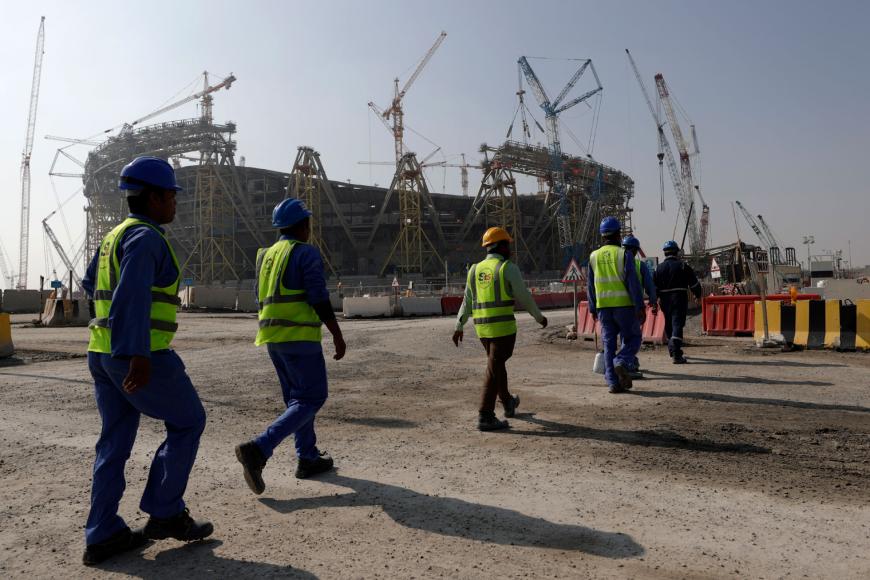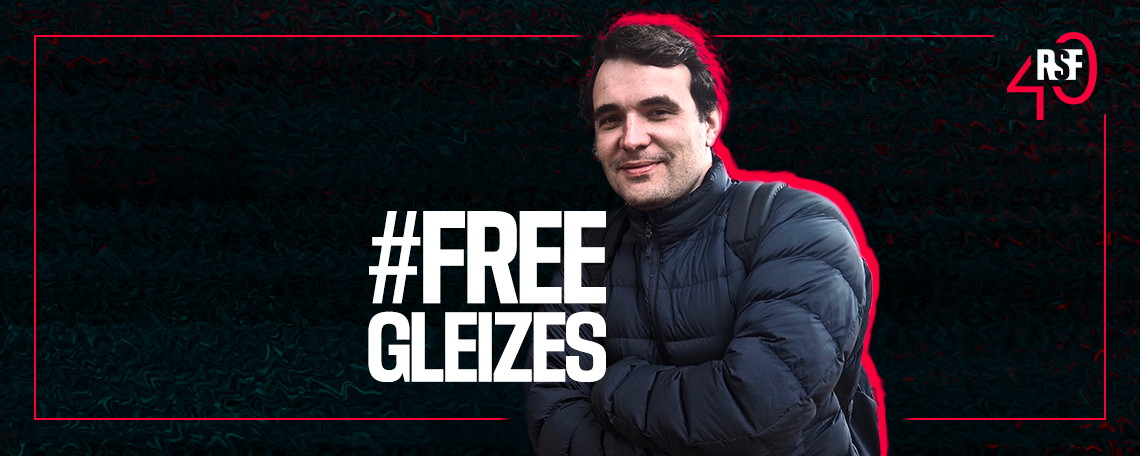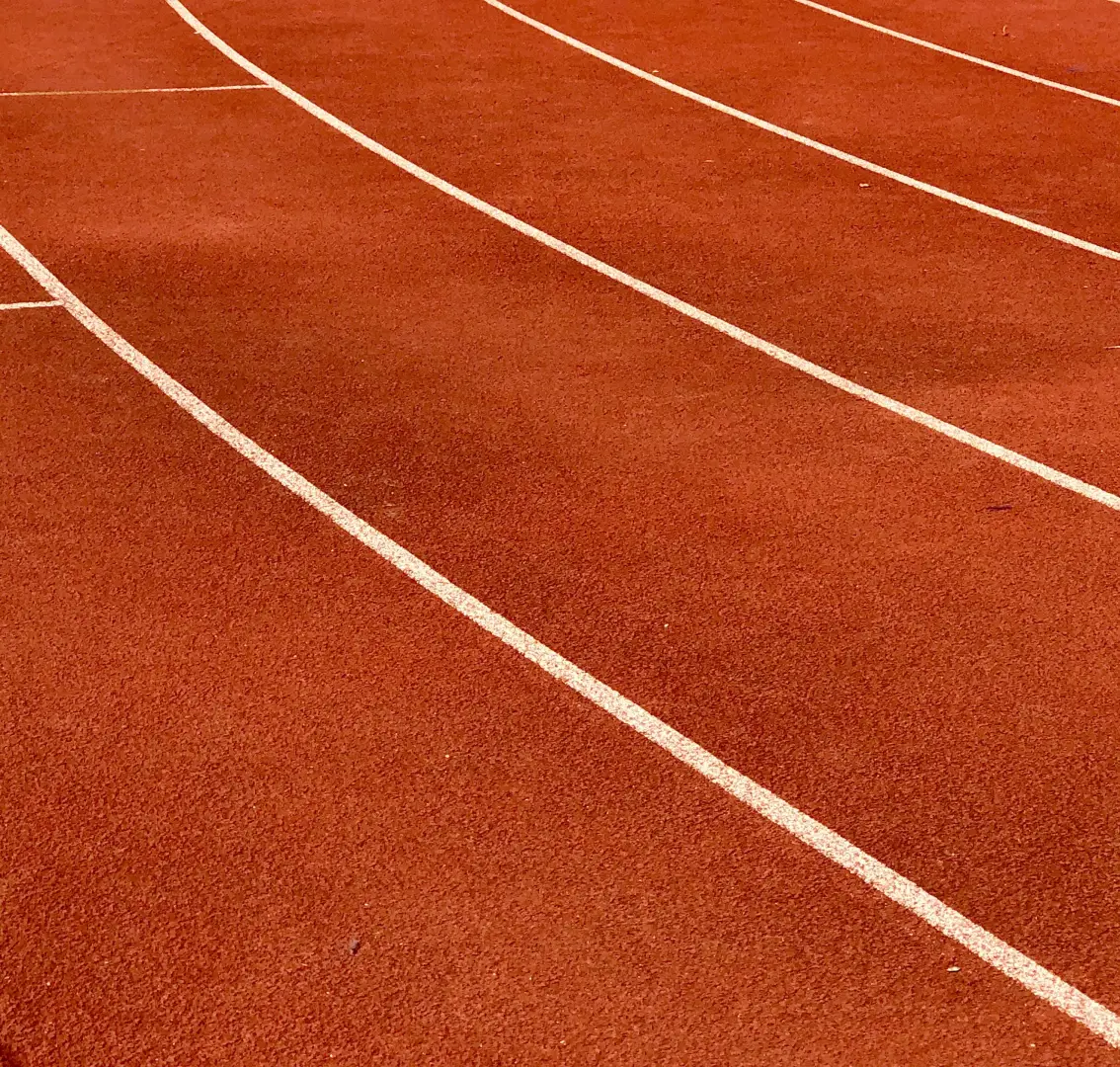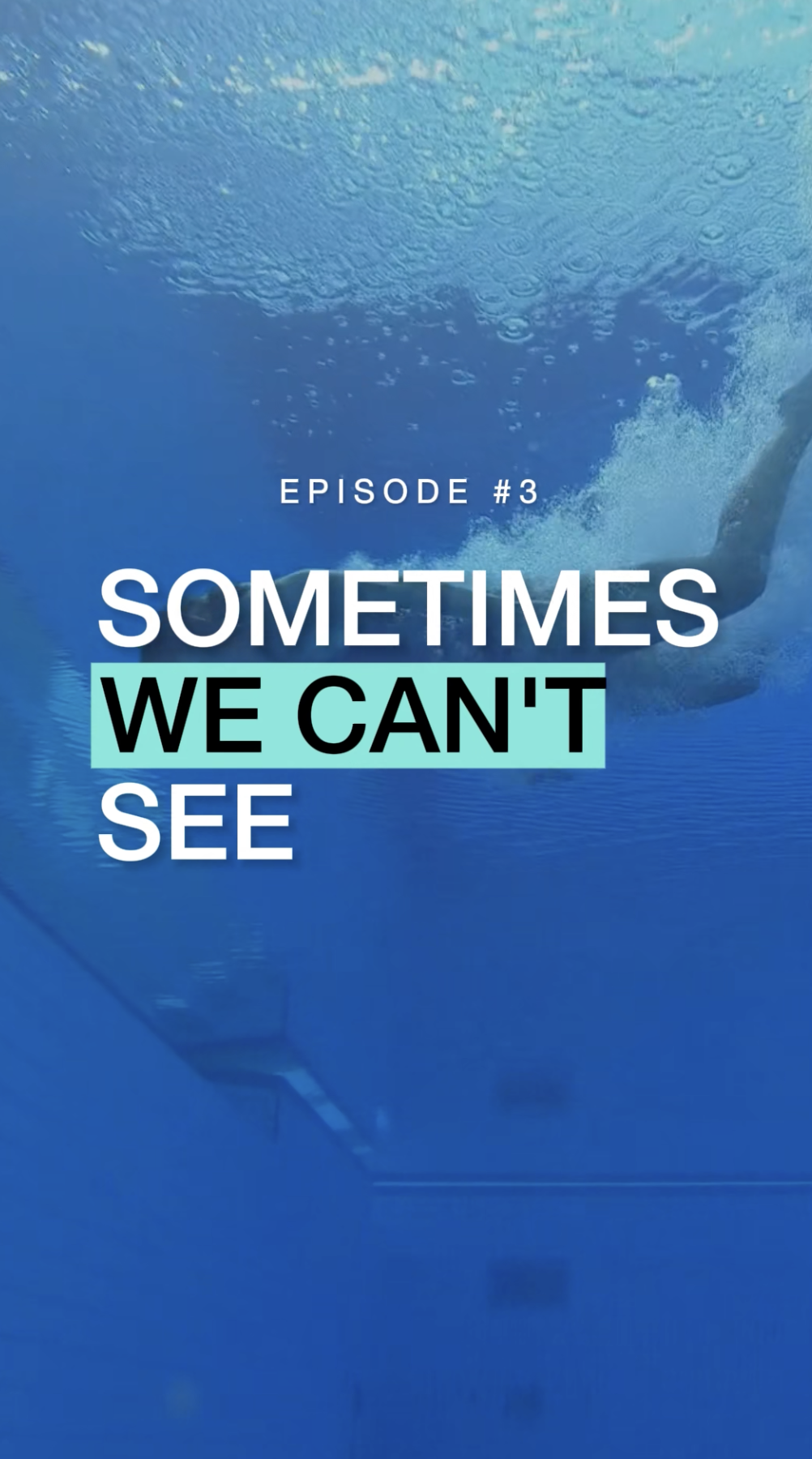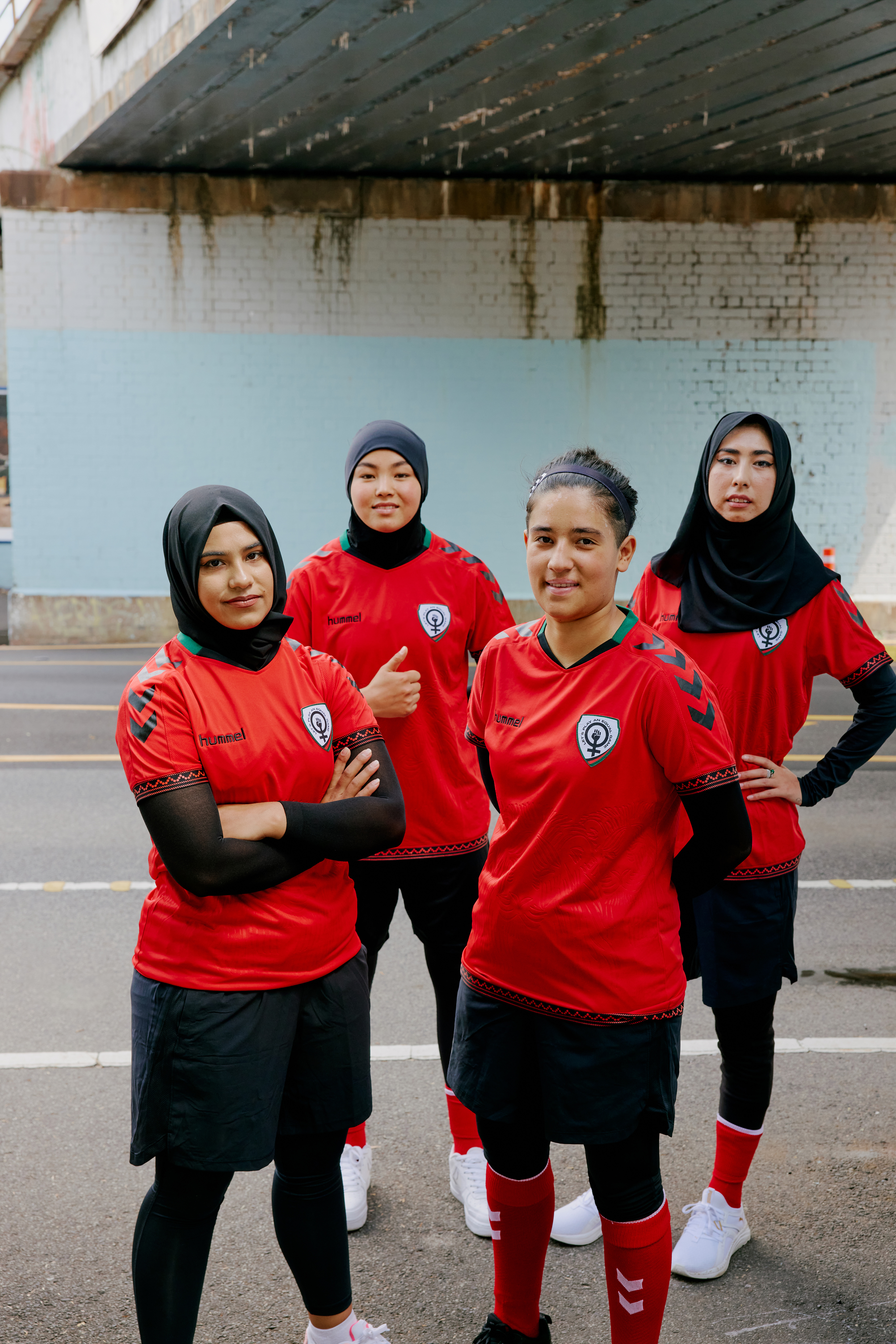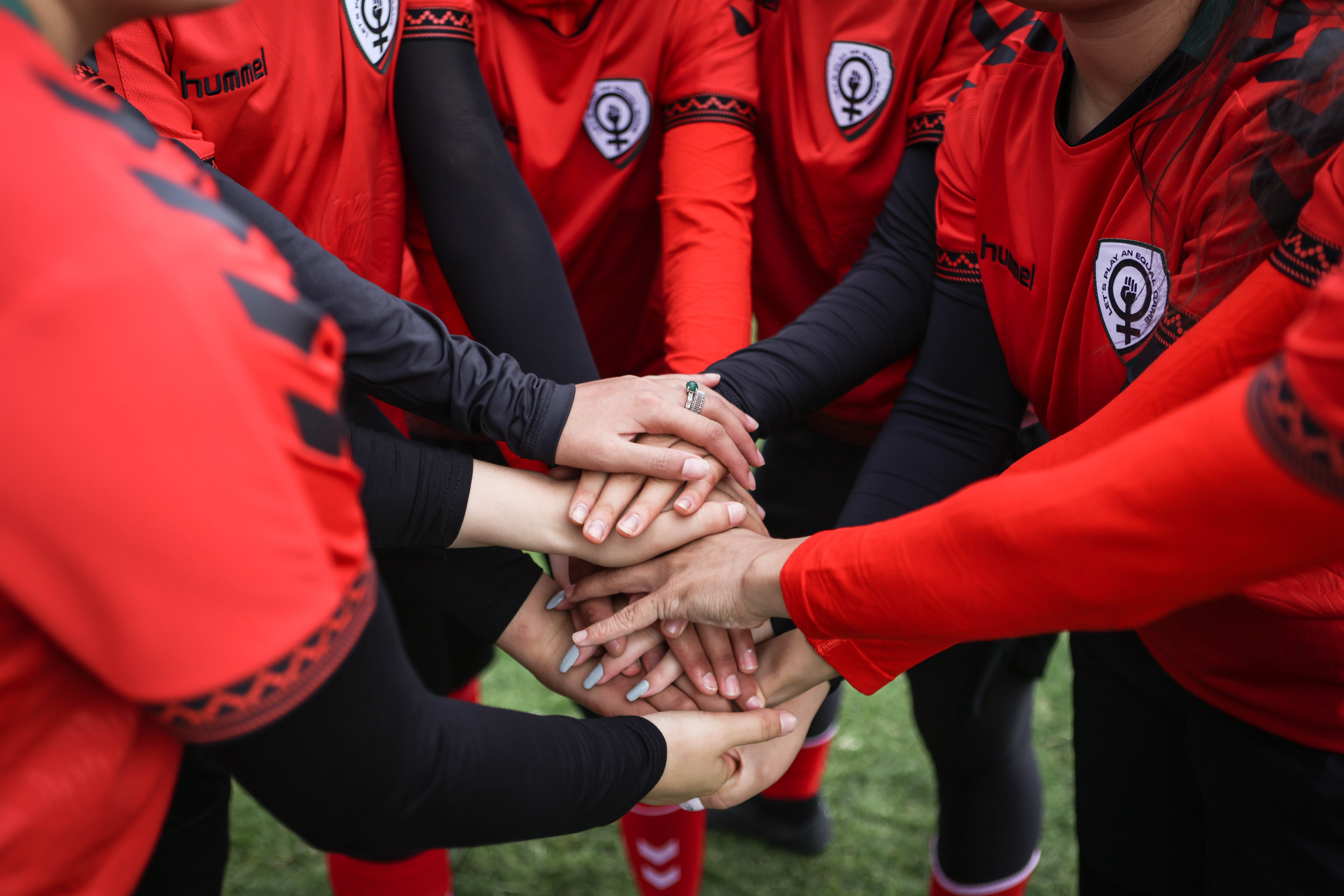FIFA Should Uphold Rights Responsibilities to Migrant Workers
At a May 2 conference entitled “Managing the Beautiful Game,” FIFA President Gianni Infantino shockingly downplayed deaths and hardships of migrant workers in Qatar who have literally built the 2022 FIFA World Cup. In doing so, he reminded the world that preventable deaths and abuses of migrant workers in Qatar are a historic stain requiring remedy before the first tournament ball is kicked in November.
The conference moderator asked Infantino, “Are you making any sort of commitments to help and support the thousands of families who lost family members who died building these stadiums?”
Although he had just mentioned the billions of dollars in revenue FIFA will generate from the 2022 tournament, Infantino refused to commit to compensating families of workers who lost wages – or their lives – delivering the World Cup.
Infantino further insulted those workers by declaring, “When you give work to somebody, even in hard conditions, you give him dignity and pride.” He later added, “Now 6,000 might have died in other works and so on … [but] FIFA is not the police of the world.”
FIFA has commitments under its own statutes and responsibilities under the United Nations Guiding Principles on Business and Human Rights to ensure host countries comply with basic human rights rules.
Millions of workers who migrated to Qatar for promised economic opportunities did not find “dignity and pride,” but were instead subject to grave abuses, some of which could amount to modern slavery. These abuses, which take place under the restrictive kafala system, were already well-documented when FIFA awarded Qatar the World Cup in 2010.
Dignity and pride in work is realized through fair pay, safe living and work environments, and honored contracts. For many migrant workers in Qatar, the reality has been exorbitant recruitment fees that can take years to recuperate, months of delayed or unpaid wages for work they completed, and unsafe workplaces and inadequate accommodation that have led to a reported 6,000 unexplained deaths and families losing loved ones and livelihoods.
With the World Cup barely six months away, FIFA needs to step up and meet its human rights responsibilities instead of covering up for ugly labor abuses behind “the beautiful game.”
